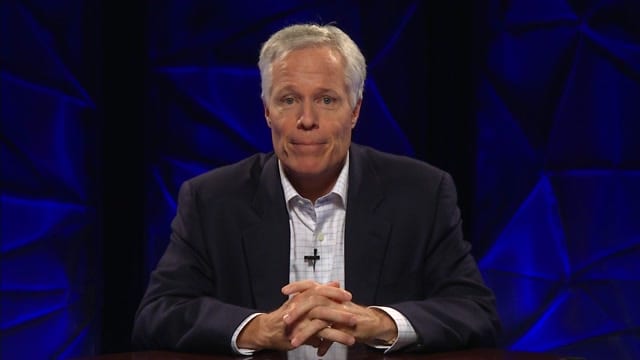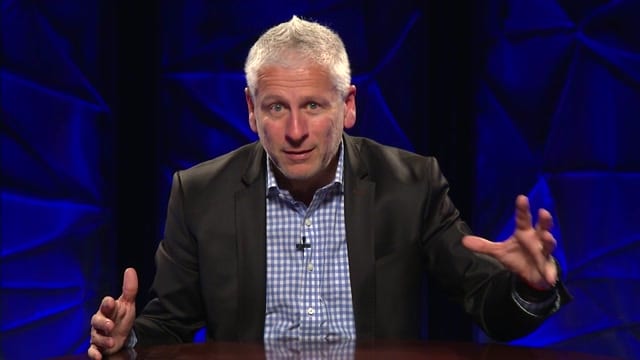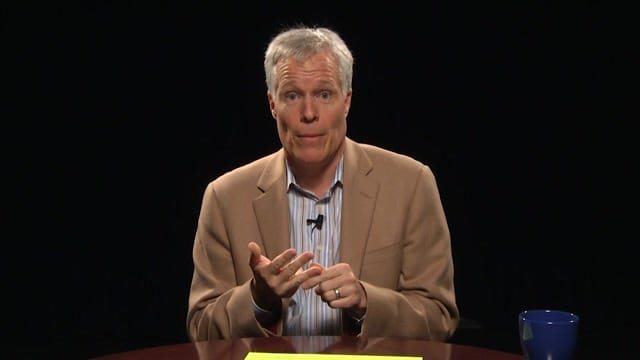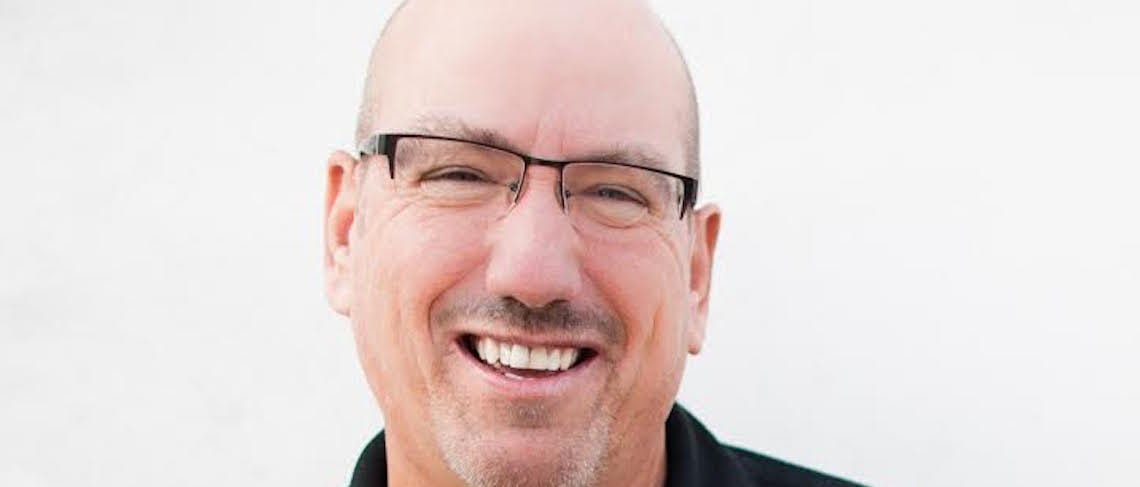
Patrick Lencioni Asks If We Have Let the Pendulum Swing Too Far
When I entered the workforce after college, I first became acquainted with the term ‘micromanagement.’ I quickly learned that this wonky sounding word actually had deceptive power.
People who accused their bosses of micromanaging seemed to do so as a permanent insult more than a mere suggestion for change. It was the organizational equivalent of being labeled a Neanderthal, or a corporate version of being politically incorrect. Micromanagers were assumed to be insecure and distrustful, so no one wanted to have that label applied to them. To make matters worse, being called a micromanager was almost indefensible; if an employee felt that they were being micromanaged, those feelings had to be validated and addressed.
It might be tempting to read this and think “what’s the big deal?” Well, there was an unintended consequence to this micromanagement witch-hunt, one that had a chilling effect on leaders that continues today. See, the pendulum swung far away from micromanagement and seemed to get stuck on the opposite end of the spectrum, in a place I’ll call “abdication management.”
Today, for every real micromanager I come across, especially at the top of organizations, there are dozens of abdication managers. These are the people who know little about what their direct reports are working on, and defend their approach by citing their own busy schedules, or worse yet, by proudly using words like trust, autonomy and empowerment. Unfortunately, the results of abdication management are consistent: a lack of necessary guidance, delays in recognizing problems, stunted professional development of key people, and anxiety among employees. The consequences of this on the bottom line of an organization are not hard to imagine.
Addressing the abdication management problem requires understanding its root causes. Those include the fear of being accused of micromanagement, which I discussed above, as well as a strange combination of negligence and ignorance. That’s a pretty bold accusation – one that I also apply to myself – so it deserves a thorough explanation.
When I’ve confronted CEOs and senior executives about their tendency to under-manage their direct reports, I’ve often received an explanation that goes something like this: “Listen, I hire senior people with experience, and I don’t think they need me to manage them.” This lack of energy for managing people represents one of the biggest problems I see in corporate life. Management of direct reports is too often seen as a remedial activity, reserved for employees without experience, rather than an essential requirement for providing order and clarity for people at every level of an organization. The nature of how people are managed will certainly vary depending on a person’s role and level of maturity, but managing them is never optional, and the consequences of neglecting it are always serious.
None of this is to say that true micromanagement is a good thing. But I’m convinced that most companies would be far better served if their leaders walked a little closer toward the micromanagement end of the spectrum than the abdication end. I’ve learned this the hard way.
I’ve noticed that when one of the people I’m supposed to be managing is working on something that is not particularly interesting to me, I find it easy to say, “I’ll trust them to do what’s right.” I proudly leave all the details to them, and get involved only when a problem arises that actually impacts my world negatively. I’m usually a little grumpy when this happens. Of course, there is nothing virtuous about that.
But when I’m working on a project that is near and dear to my heart, I stay involved in a way that keeps my people on task, allows me to see potential problems before they get out of hand, and provides my staff with a level of confidence that they are headed in the right general direction. Do I occasionally wonder if I’m stepping over the micromanagement line? Yes. And so I wrestle with the tension of being in that place – instead of running from it – and those projects usually go better than the others.
My challenge, and that of every other leader who occasionally participates in abdication management, is to be more consistent in the way I manage, and not let it be determined by my level of interest, energy or curiosity. That would certainly be a more responsible, intentional and effective approach, one that would benefit my company, and the wonderful people who work here.
Follow Patrick Lencioni’s blog and read the original article here.












Recent Comments